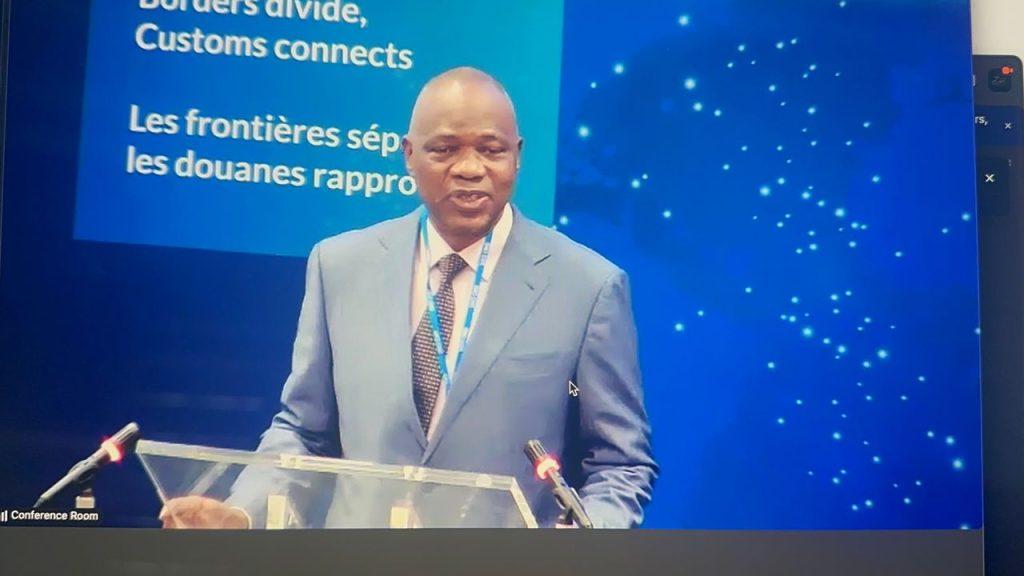Adewale Adeniyi Makes History as First Nigerian Elected Chairman of WCO Council

In a landmark achievement for Nigeria and the African continent, the Comptroller-General of the Nigeria Customs Service (NCS), Bashir Adewale Adeniyi, has been unanimously elected as the Chairman of the World Customs Organization (WCO) Council.
The historic election took place on Friday, June 28, 2025, during the closing session of the 145th/146th WCO Council meetings held in Brussels, Belgium.
Adeniyi’s election marks the first time a Nigerian has assumed the top leadership position of the WCO Council since the organization’s establishment in 1953.
His emergence is seen as a major diplomatic and institutional win for Nigeria, placing the country at the forefront of global customs governance.
He takes over from Edward Kieswetter, the Commissioner of the South African Revenue Service, making him the second consecutive African to lead the body.
Adeniyi will now chair the WCO Council, which serves as the highest decision-making organ of the global customs community.
During the ceremony, the South African flag was symbolically lowered, while Nigeria’s flag was hoisted at the WCO headquarters, an emotional and symbolic moment that highlighted Africa’s growing influence in global customs administration.
Delegates from member countries erupted in applause as Nigeria’s colours took centre stage in Brussels.
Reacting to his election, Adeniyi described the moment as “humbling and historic,” pledging to provide visionary leadership and strengthen cooperation among customs administrations worldwide.
He emphasized a commitment to innovation, inclusivity, and equity as pillars of his tenure.
“As Chair of the WCO Council, I will champion the modernization of customs processes, embrace digital transformation, and work toward a fair and secure global trading system.
This mandate is not only a testament to Nigeria’s leadership but a call to serve the international community with integrity and dedication,” Adeniyi stated.
His tenure will also oversee the implementation of the WCO’s 2025–2028 Strategic Plan, which prioritizes digital transformation, capacity building for developing nations, and improved enforcement against illicit trade.
In a further display of diplomatic engagement under Adeniyi’s leadership, Nigeria also signed a landmark Customs Cooperation and Mutual Assistance Agreement with the Kingdom of Saudi Arabia on the sidelines of the WCO meetings.
The bilateral agreement is expected to enhance intelligence sharing, joint operations, and streamlined trade between both countries.
Adeniyi’s appointment has been lauded across Nigeria and the African continent, with many viewing it as a reinforcement of the country’s growing stature in international affairs. Stakeholders in trade, customs, and governance have expressed confidence in his ability to steer the WCO Council toward progressive reforms that will benefit the global trading system.
The World Customs Organization, headquartered in Brussels, has 185 member countries and plays a crucial role in developing standards and procedures to facilitate lawful international trade, secure supply chains, and protect societies. With Adeniyi now at the helm, Nigeria is set to play a central role in shaping the future of global customs operations.








